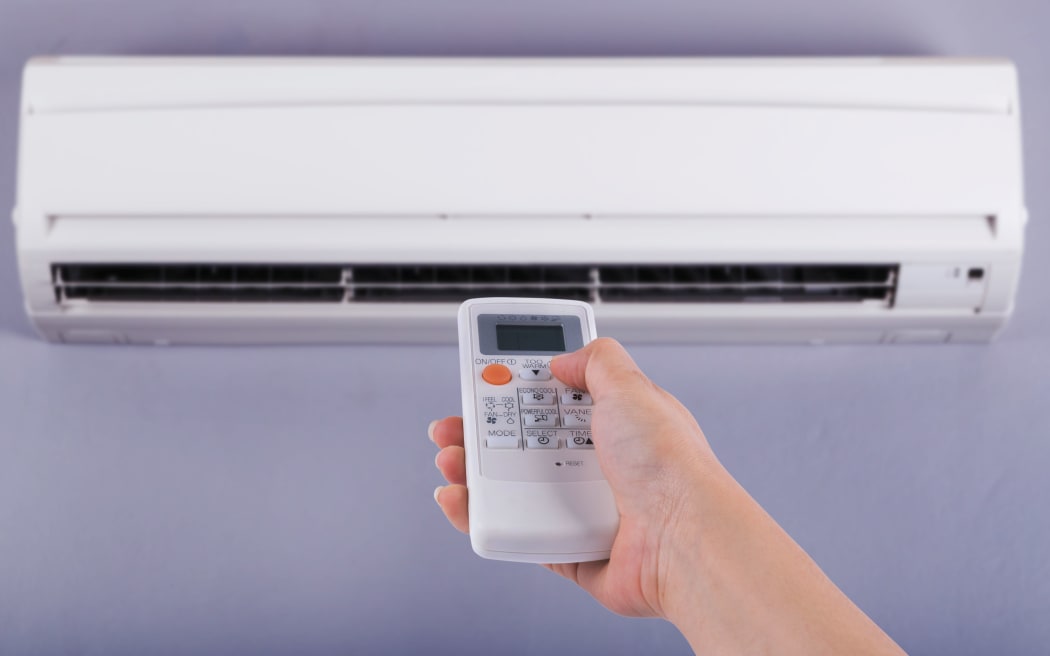In a recent Stuff article, Nelson woman Joanna Davis shared some free power-saving advice she'd been given by a local eco-design adviser (EDA).
Energy efficiency specialist Gareth Gretton, who is also an EDA, gives us tips on how best to use a heatpump and give your home enough ventilation.

Photo: 123RF
Nelson is one of seven NZ councils that provide EDA advice to their ratepayers. Eco-Design Advisor also has heating tips on their website.
Heatpump 101
18 degrees C is the recommended minimum temperature for a healthy home, Gretton tells Karyn Hay.
The "ideal" temperature for health, comfort and keeping power bills down is around 20 degrees C, he says.
Go auto
The 'auto' setting - in which your heatpump figures out the most efficient mode to run on - is often the best way to go.
"If you leave it on auto, it will generally try and do the best thing and maximise the efficiency of the unit … When it's especially cold it will turn the fan up because that's the best way of squeezing the most out of the unit. When it has to work a bit less hard, the fan will turn down a wee bit so it'll be a bit quieter, which is nice.
Full-power mode is a good way of warming a room up quickly, but can be a bit noisier.
Low-power mode is not recommended.
He's heard of people running it on low for a long time and ended up with big power bills.
If your heatpump is trying to warm up but is set to low, that will limit the heat it can put out and make it run much less efficiently, Gretton says.
Don't leave it on all night
It's a "pervasive myth" that running your heatpump 24/7 is more efficient, he says.
"We recommend that you run a heatpump only when you're in the room."
Many heatpumps have timers that allow you to set it to go on 30 minutes or an hour before you get up.
"18 degrees is definitely where you want to be but short periods of time in a slightly colder room is not the worst thing in the world."
Ventilation
Wet air takes a lot more energy to dry out and heat so it's important to ventilate your house even when it's raining, Gretton says.
When you're not in the room, air it out by opening the windows wide for about ten minutes every day.
Use your stovetop extractor fan when pots are bubbling and moisture entering the air.
Gretton recommends turning it up to high when you're taking the lids off pots.
- Read more about the whys and hows of home ventilation here
Curtains
To stop cold air flowing in from windows, curtains should ideally be floor length, Gretton says.
"You kind of get warm air being drawn down past the glass and the cold air dropping down the bottom. So it's acting as a fairly effective air conditioning unit that you don't really want in your house in winter."

